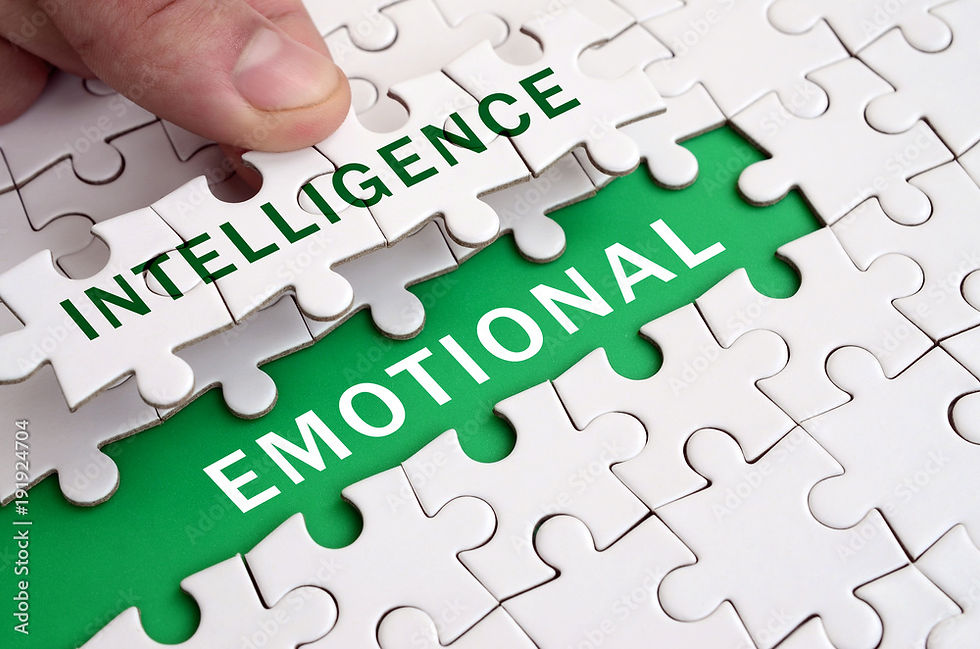Bias - a Mediator's Worst Fear?
- Mark Dickinson
- Sep 16, 2022
- 2 min read
Updated: Dec 1, 2022
Someone recently enquired about my services and asked: "How do you ensure you are not biased?" It was an intelligent question and a smart way to choose the right mediator for them.
Impartiality - or the absence of bias - is a fundamental principle of mediation. It may be a mediator's worst fear to be labelled biased by a client.
Professional standards require that mediators act fairly and impartially without favouritism or bias. A mediator's professionalism can be tested particularly in complex, high conflict cases.
So how does a mediator or family dispute resolution practitioner (FDRP) ensure against bias?
It is important to note that not only should the mediator be impartial but they should also be seen to be impartial - as perceptions are critical. This means mediators or FDR practitioners should ensure the mediation process is conducted in a fair, transparent, equitable way and that both parties are consulted, heard and supported.
This can be difficult if there is an evident power imbalance between the parties or behaviours become emotive and rash. Open and calm communication by the mediator to practically promote a constructive and fair process can assist in these circumstances.
A NSW law reform commission report found that in highly emotive disputes, a mediator's unresolved personal experiences reduced their capacity to be impartial.

Mediators who are non-judgmental, don't apportion blame and who focus on the good intentions of people tend to be able to avoid being seen as biased.
These are abilities in the mediator that must be developed over time - qualities and skills that reflect a deeper philosophical mindset.
Research suggests mediators with these qualities possess high levels of emotional intelligence. Some commentators suggest a mediator's spiritual intelligence is also beneficial.
Therefore self awareness and a commitment to emotional and psychological development seem to be important to a mediator's ability to avoid perceptions of bias and act with fairness, authenticity and impartiality.
The astute person who enquired about my services ultimately chose another mediator. Perhaps that mediator's explanation of mediator bias resonated more with them. When considering whether to use a particular mediator it may be helpful to ask them how them how they ensure against bias.
For a deeper analysis of the importance of self awareness and self development to mediator effectiveness see the article below published in the Australasian Dispute Resolution Journal.

Comments